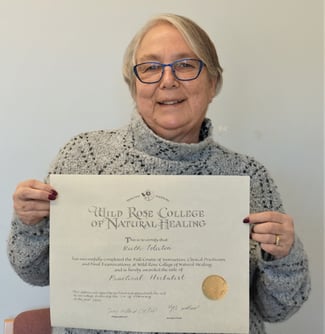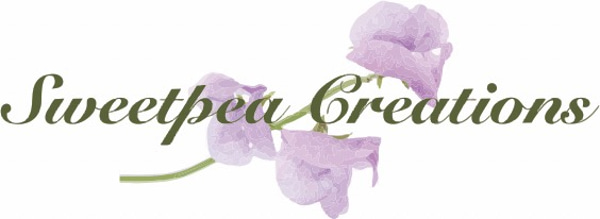Herbalist? What and Why
Most of the pharmaceuticals on the market today have their origins in the natural world. Aspirin, for example, has the principal effective ingredient salicylate which happens to be found in willow bark, and in myrtle. Our ancestors knew the plants around them and what was effective for what. However the pharmaceutical companies need to mass produce and often synthesize the product. They also provide medicine in easy to take forms like tablets. For many it has become easier to simply head to the local pharmacy and ask for a pill.
But what else is in that pill? Confess! Do you read all the ingredients on the bottle and do you know and understand the effects? Or do you simply trust the “experts” that it will cure you? There is a lot of information (and misinformation) found on the web these days. You can search for anything and come up with a solution. Many people admit to using ‘Dr. Google’ to identify their condition and its cure. The most common things you find are enticing programs that will either make you rich, or thin within days using their miracle products. Sadly the world doesn’t really work that way. And the people who are peddling this miracle products make up their bios, or assume a level of respectability that few will check. I mean if it’s on the web, it must be true, right?
Herbalists are not government regulated and pretty much anyone could call themselves a Herbalist, There are associations, nationally and provincially who assign delegations based on levels of study and working hours. To receive a designation you have to provide proof of study at an accredited school of natural medicine. In my case, I did the bulk of my studies through Wild Rose College of Natural Healing
To gain an understanding of natural medicine you must study: Botany (to identify plants), chemistry, physiology (what parts make up your body), nutrition, herbology (what makes up the cell structure and function of the plants, herbal pharmacy (how to use the plants), wildcrafting and foraging (gathering plants from the wild in a respectful and sustainable manner), history, drug interactions and materia medica. It's like studying to be a doctor and a plant specialist at the same time. And that's just the first level to become a Practical Herbalist. Add another bunch of years of studying further in all these areas as well as Ayurvedic medicine and Traditional Chinese Medicine to put towards your Master Herbalist designation. That's where I'm currently at.
Your body knows what it needs and tells you when it is fighting to correct its balance -gas, bloating, fever, sweating, chills, headaches, sore throats, sore muscles and so on are cues for you. You might take a pill for your headache or chew an antacid for heartburn but are you curing the problem or just masking the symptoms. Natural medicine and herbalists work to determine the underlying cause of the symptoms and then use plants medicine to support your body to correct its balance. A herbalist would never say a particular product will cure you, but rather the product is there to support your body's own natural functions.




